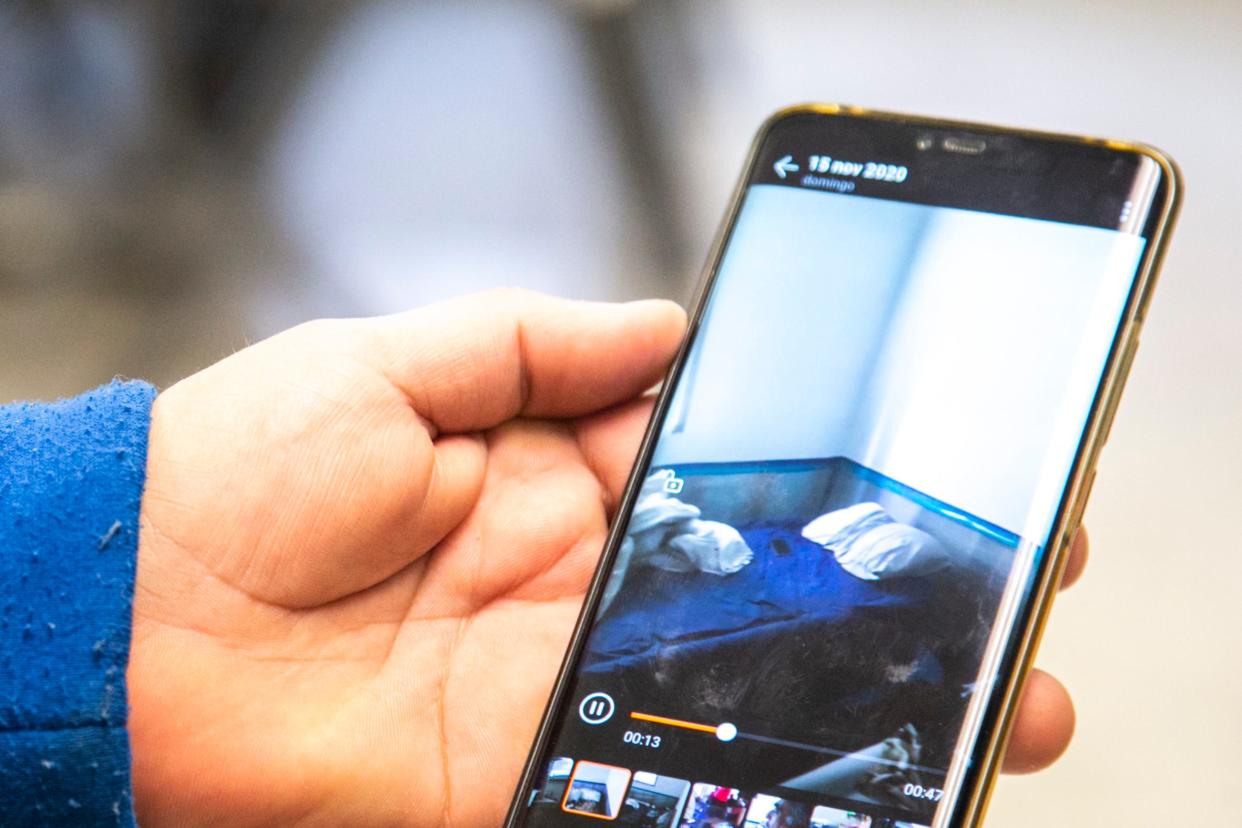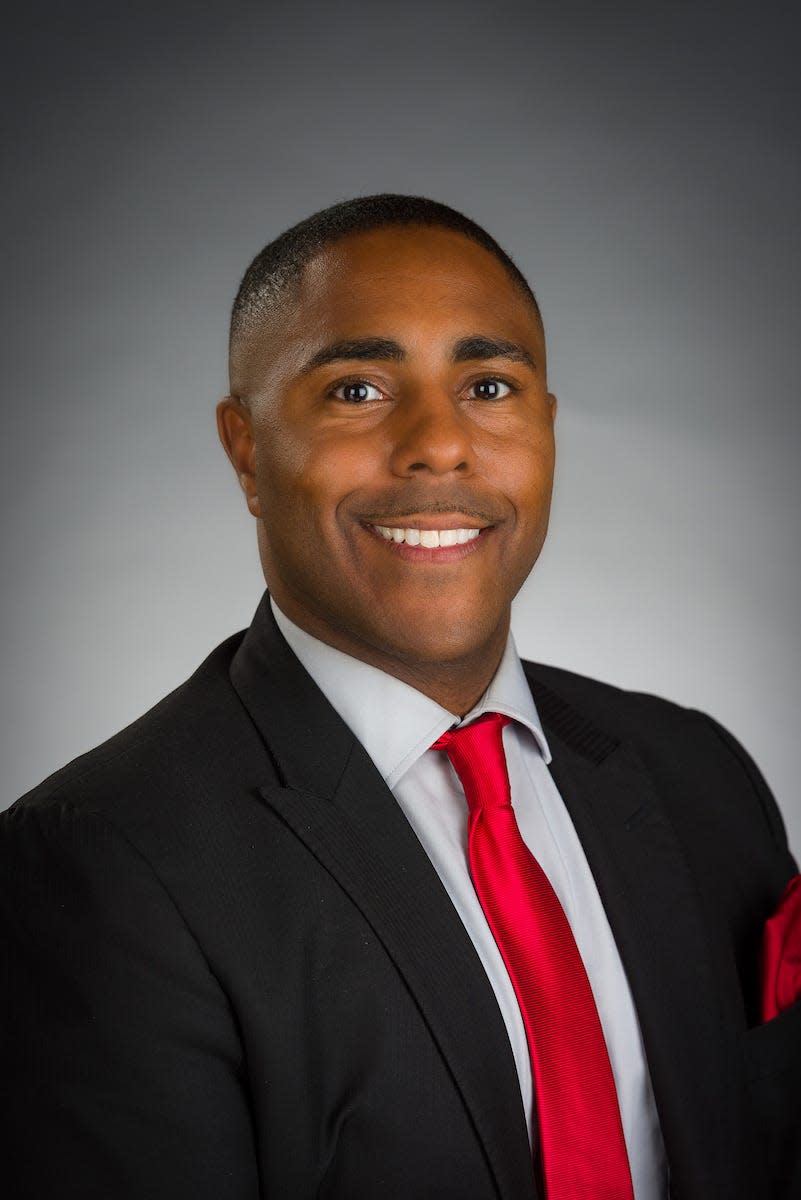Filming police holds them accountable. Why would we restrict that right?

In recent years, cellphones have proven to be an indispensable tool of the reinvigorated civil rights movement.
The indelible images from George Floyd’s murder came to us from bystanders armed only with smartphones equipped with video cameras and compassion for a Black man being killed by police officers right in front of their eyes.
It’s disturbing, yet not surprising, that some powerful interests have been seeking to restrict or even take away that tool. Arizona lawmakers earlier this year passed House Bill 2319 that bans filming of police officers within 8 feet of them as they perform their duties.
The law is so flawed that the state attorney general, the Maricopa County attorney and even the House speaker and Senate president have refused to defend the law in court.
A federal judge has put a stop to the ban from taking effect, but a new attorney general or other state lawyer can decide at any time to argue its constitutionality.
Cellphone video exposed police misconduct

Those of us who champion civil rights should fight these efforts to reduce transparency and oversight of our law enforcement officers.
I’ve represented numerous victims of the gross police misconduct where the actions have been captured on cellphones by the victims themselves or by fellow citizens who saw a wrong and documented the episode.
What happened? How 12 criminal justice bills fared this session
Those cellphone videos played a crucial role showing police violated their oaths to protect and serve and documented officers overstepping their authority and using excessive force.
In a November 2016 Flagstaff case, for example, an officer pleaded guilty to criminal assault and lost his job for punching a woman in the face. Police reports said that my client, Marissa Morris, was resisting arrest and attacked the officer. Cellphone video, however, showed the opposite. It exonerated Morris by showing that the officer was the aggressor who punched her with a closed fist.
And in 2015, a Tempe police officer was suspended after my client, Anderson Jean-Louis, had his cellphone slapped out of his hands for filming. Jean-Louis was pulled over for a traffic stop and started filming for documentation. The officer decided to interrupt the video by slapping the cellphone out of his hands.
Fortunately, Jean-Louis was able to capture the slap and show the bad actions of the officer, which led to her suspension.
Our right to record must not be compromised
Officer safety is important. During any exchange, both the officer and citizen want nothing more than to walk away unscathed.
But when an encounter goes wrong, citizen journalists are now equipped with their smartphones to record the moment. The extra documentation serves transparency and justice.
As more agencies adopt body camera policies for officers, the cellphone video may simply become another viewpoint with which to evaluate an incident.
But make no mistake: From Rodney King to George Floyd, citizen video told the nation a story that no written or verbal witness testimony could substitute.
It is my hope, and the hope of all people who strive for police accountability, that the courts will call HB 2319 out for what it is: A impingement of our rights to record taxpayer-funded law enforcement as they carry out their duties.
Those rights must not be compromised.
Benjamin Taylor is a Phoenix-based civil rights and criminal defense attorney. He previously worked as a prosecutor and public defender. Reach him at BT@taylorgomezlaw.com.
This article originally appeared on Arizona Republic: Arizona police filming ban is an assault on our civil rights

